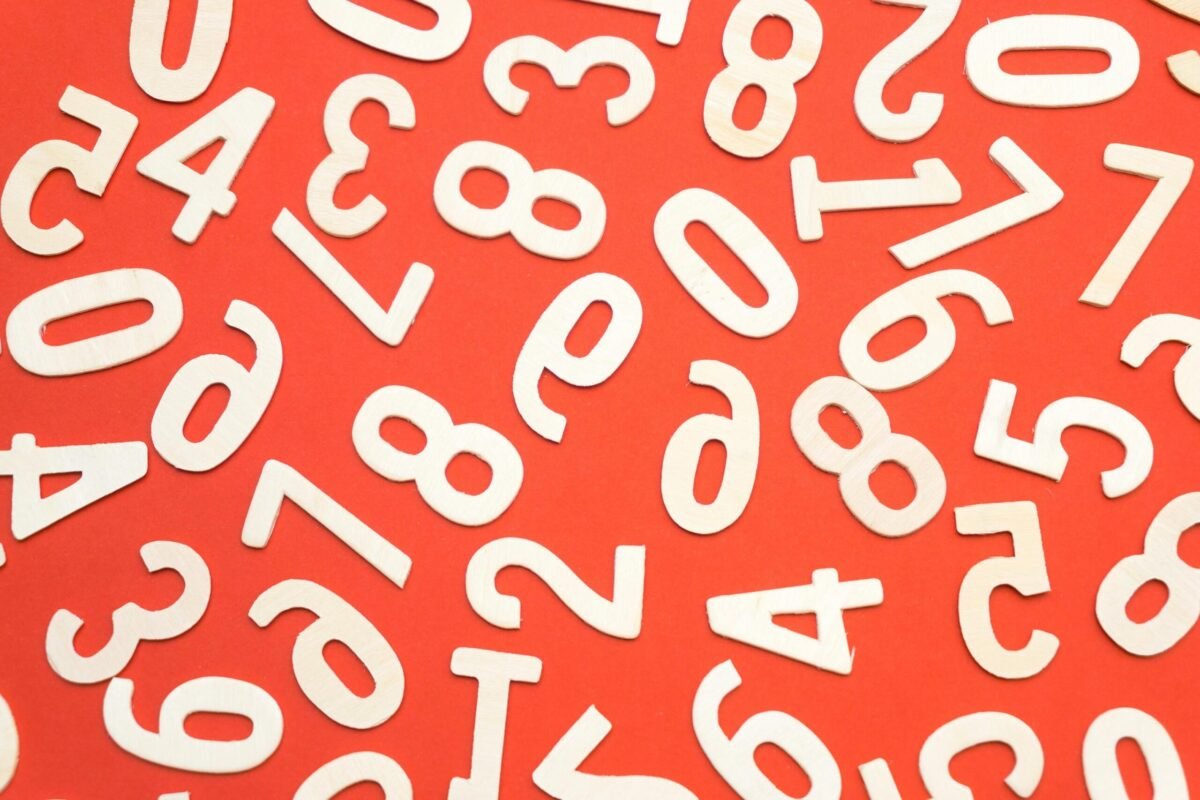Math teachers have a big job, helping students move from memorizing facts to truly understanding numbers, patterns, and problem-solving. Whether you’re teaching first graders how to count coins or preparing eighth graders for algebra, the right digital resources can make your teaching stronger, more creative, and yes, even more fun.
In this post, we cover 10 must-know websites for elementary and middle school math teachers that will support your instruction, deepen understanding, and keep students engaged.
Each entry includes:
- Why it’s worth knowing
- What it’s best for
- Notes with a tip or special feature to make the most of it
Let’s dig into the 10 math related websites.
10 Must-know Sites for Elementary School and Middle School Math Teachers
1. Illustrative Mathematics
Why it’s worth knowing:
Illustrative Mathematics offers free, research-based curriculum for grades 6–8 (plus high school), built to promote conceptual understanding through tasks, discussions, and discovery.
Best for:
Middle school teachers seeking full, standards-aligned units that encourage mathematical reasoning.
Notes:
Each lesson is structured for discourse and problem-solving, with built-in supports for English learners and struggling students.
2. NRICH Maths
Why it’s worth knowing:
This UK-based site provides rich mathematical challenges that stretch thinking and emphasize logic, reasoning, and strategy—all through engaging, low-prep problems.
Best for:
Open-ended tasks, enrichment, and pushing beyond procedural fluency.
Notes:
Use their “Age 7–11” and “Age 11–14” filters to easily find leveled tasks for your grade band.
3. Math Playground
Why it’s worth knowing:
Math Playground is a kid-favorite for a reason. It’s packed with interactive games, puzzles, and problem-solving activities organized by grade and topic.
Best for:
Early finishers, skill reinforcement, math centers, and independent practice.
Notes:
The logic games and visual models support both fluency and conceptual understanding.
4. Khan Academy
Why it’s worth knowing:
Khan Academy remains a go-to for self-paced learning and remediation. With videos, guided practice, and progress tracking, it supports mastery learning for just about every math topic.
Best for:
Flipped classrooms, intervention, or assigning personalized learning paths.
Notes:
Use the teacher dashboard to assign skills, monitor growth, and differentiate instruction with ease.
5. YouCubed
Why it’s worth knowing:
Created by Jo Boaler at Stanford, YouCubed is all about promoting growth mindset and creative problem-solving through visual math and exploratory tasks.
Best for:
Changing how students think and feel about math—especially those with math anxiety or fixed mindsets.
Notes:
Their free “Week of Inspirational Math” lessons, which make a great back-to-school or mindset reset unit.
6. Zearn
Why it’s worth knowing:
Zearn offers blended math instruction aligned to Eureka Math/EngageNY, with digital and hands-on components working together seamlessly.
Best for:
Elementary math blocks, especially in grades 1–5, with a focus on small group and whole-class instruction.
Notes:
Every digital lesson includes built-in remediation, so students get help right when they need it.
7. Desmos
Why it’s worth knowing:
Desmos is more than just a graphing calculator—it’s a dynamic platform for visual math explorations and interactive lessons that make algebra and geometry engaging.
Best for:
Middle schoolers learning functions, graphing, or coordinate geometry.
Notes:
Explore the “Desmos Classroom” activities for collaborative, inquiry-based math experiences.
8. Common Sense Education
Why it’s worth knowing:
Common Sense doesn’t create math content, but it curates the best edtech tools—with unbiased reviews, teaching tips, and grade-level recommendations.
Best for:
Finding high-quality math apps and games that are developmentally appropriate and classroom-tested.
Notes:
Look for the “Top Picks” lists in categories like “Math Games,” “Free Apps,” or “Distance Learning Tools.”
9. Math-Aids.com
Why it’s worth knowing:
This site generates customizable printable worksheets for almost every math skill, from basic operations to algebra and word problems.
Best for:
Homework, extra practice, test prep, or sub plans—especially if you need something printable and flexible.
Notes:
You can choose difficulty level, number range, and format (horizontal/vertical) for each worksheet.
10. Open Middle
Why it’s worth knowing:
Open Middle problems require critical thinking, logic, and multiple solution paths—great for math talks, bell ringers, or performance tasks.
Best for:
Encouraging productive struggle and pushing students to think beyond simple procedures.
Notes:
Problems are searchable by grade and standard (including Common Core), making it easy to align with your curriculum.
In Closing
Helping students understand math deeply (not just memorize steps) is one of the most important things we can do as educators. The good news? You don’t have to do it alone.
These ten websites offer everything from rich problems to targeted practice, engaging games to conceptual models. Mix and match them to fit your teaching style, your students’ needs, and your classroom goals. Most importantly, don’t be afraid to try something new—sometimes a fresh approach is all it takes to make a concept finally click.
So go explore, bookmark your favorites, and bring a little more math magic into your day.









